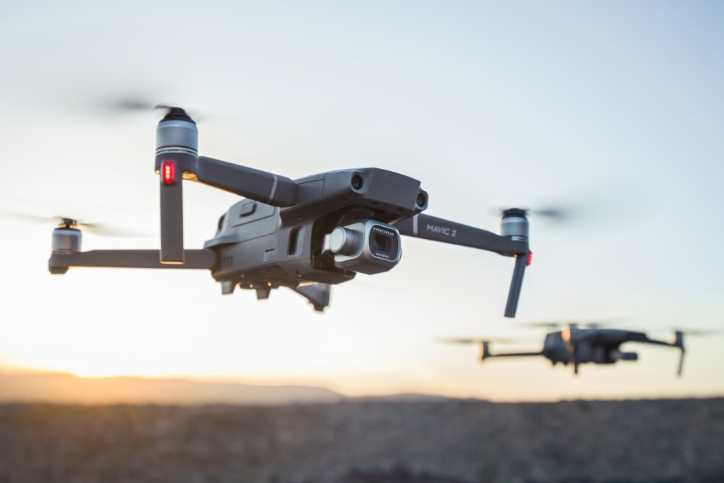Security News

People's Right to Safety must be preserved for the protection of people. There is a strong need for finding the optimal balance between privacy and safety.

TechRepublic's cheat sheet about the Facebook data privacy scandal covers the ongoing controversy surrounding the illicit use of profile information. Fallout from a confluence of factors in the Facebook data privacy scandal has come to bear in the last week of July 2018.

As consumers' concerns about their digital privacy continue to grow and who is responsible for guarding it remains unclear, new research conducted by Ponemon Institute reveals a lack of empowerment consumers feel when it comes to their data privacy. 60% of consumers believe government regulation should help address the privacy risks facing consumers today, of which 34% say government regulation is needed to protect personal privacy and 26% believe a hybrid option should be pursued.

"According to a Ponemon Institute study sponsored by ID Experts, a provider of identity protection and data breach services, consumers have taken notice. The study, Privacy and Security in a Digital World: A Study of Consumers in the United States, found that, on a scale of 1 to 10, 86% of adults said they are"Very concerned" about how Facebook and Google use their personal information. "Most consumers do not believe big tech companies alone will protect their privacy rights through self-regulation."

The majority of Americans characterized data privacy as a human right, yet most still don't take adequate security precautions with their information, a KPMG report found. KPMG's The New Imperative for Corporate Data Responsibility report, released on Wednesday, surveyed American consumers to determine their attitudes toward data privacy and what they expect from corporations.

In 1965, Gordon Moore published a short informal paper, Cramming more components onto integrated circuits. Based on not much more but these few data points and his knowledge of silicon chip development - he was head of R&D at Fairchild Semiconductors, the company that was to seed Silicon Valley - he said that for the next decade, component counts by area could double every year.

Facebook on Monday said it is asking EU courts to review "Exceptionally broad" requests by antitrust regulators there that would scoop up employees' personal information. The US-based internet colossus maintained it has been cooperating with a European Commission antitrust investigation and will continue to do so, but that the wording of commission requests casts a net so wide it will haul in Facebook employees' private messages and more.

Privacy is a basic right and a necessary protection in the digital age to avoid victimization and manipulation. Privacy has been one of the shields used to protect people from unjust victimization.

Australia's consumer watchdog launched court action against Google on Monday alleging the technology giant misled account holders about its use of their personal data. The Australian Competition and Consumer Commission's action in the Federal Court is the latest litigation Google has faced around the world over allegations of privacy breaches.

The privacy issues were discovered in the DJI GO 4 application, which is the complementary app used to control DJI drones. Researchers with Synacktiv found several concerning privacy issues,, which were then independently confirmed by researchers with GRIMM. "The DJI GO 4 application contains several suspicious features as well as a number of anti-analysis techniques, not found in other applications using the same SDKs," according to researchers with GRIMM, in a Thursday post.